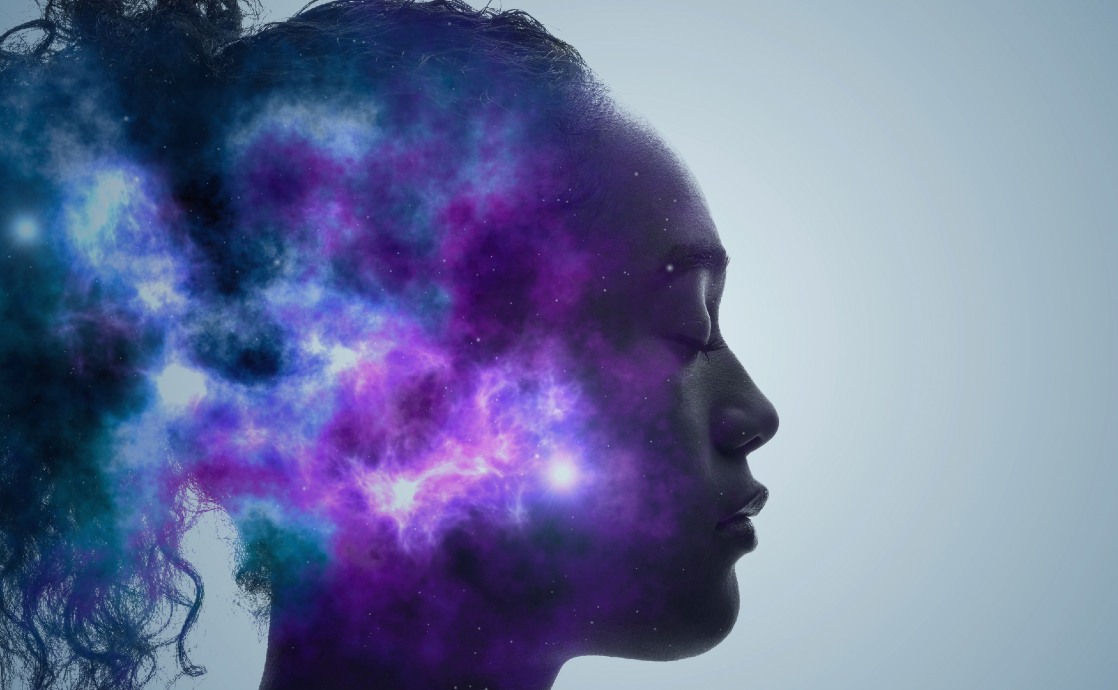In a world that increasingly prioritizes empirical evidence and scientific rationality, the exploration of human potential often leads one to a tantalizing inquiry: Do humans possess powers that transcend the physical realm? This question does not merely tease philosophical speculation; it poses a fundamental challenge to the boundaries of human understanding, especially within the rich tapestry of Bahá’í teachings.
The assertion that humans may embody powers beyond mere corporeal existence invites an exhilarating exploration of the interplay between the material and the spiritual. Integral to this discourse is the Bahá’í understanding of the nature of the human being. According to Bahá’í thought, humanity is not solely a conglomeration of biological components; rather, it is a composite of body, mind, and soul, where the latter two are seen as the true essence of a person, endowed with latent potentialities.
The Bahá’í writings illuminate the concept of the soul as an immortal entity, imbued with the capacity for spiritual growth and transformation. This perspective shifts the paradigm through which we interrogate human capabilities. Rather than viewing powers as limited to physical prowess or intellectual acumen, Bahá’í doctrine encourages a broader interpretation, encompassing emotional intelligence, intuitive insights, and spiritual enlightenment. Such faculties, it posits, can manifest in extraordinary ways that challenge and often defy conventional understanding.
One could question: If the soul is indeed an eternal essence, what powers lie dormant within it that could be awakened? The Bahá’í teachings convey that spiritual power is garnered through virtues such as love, compassion, and service to humanity. Each individual’s potential can be likened to a seed intent on flourishing—its growth contingent upon nurturing through moral development and community engagement.
This notion of spiritual empowerment invites a deeper discourse on the transformative impact of such powers. For instance, consider the stories of individuals who, inspired by altruism and a sense of purpose, catalyzed societal change. The lives of figures such as Gandhi or Martin Luther King Jr. exemplify how human potential can engage with the socio-political landscape, yielding outcomes that resonate far beyond physical capabilities. They demonstrate that profound change is often born from a synthesis of moral conviction and spiritual insight, challenging the notion that power must be wielded through physical or political dominance.
As we delve further into the intricacies of human potentiality, it is worth examining the critical role of collective endeavors. The Bahá’í conception of community underscores the transformative power of unity. The collaborative efforts stemming from a united purpose have shown to be instrumental in advancing social justice and fostering peace. This collective capacity amplifies individual strengths, demonstrating that when individuals come together, the resultant power magnifies exponentially, transcending the sum of its parts.
Moreover, the Bahá’í teachings encourage an exploration of the interconnectedness of all forms of life, positing that humanity has a responsibility to harness its collective potential for the betterment of the world. This interconnected view elevates the idea that human powers extend beyond self, encompassing a duty to engage with the larger global community. It is not merely the act of individual empowerment that enriches the human experience; rather, it is the recognition that empowerment shapes a mosaic of interconnected lives, fostering harmony and cooperation.
Nevertheless, the adventure of discovering one’s powers—particularly the spiritual—poses inherent challenges. In a world often ruled by skepticism and materialism, the path towards spiritual awareness may appear nebulous and fraught with doubt. The Bahá’í teachings do not shy away from addressing these challenges; instead, they emphasize the importance of perseverance in cultivating spiritual insight amidst external adversities. The engagement with spiritual practices, such as prayer, meditation, and service, is pivotal in developing the capacities that transcend the physical realm.
In acknowledging the existence of such challenges, one encounters an essential truth: the pursuit of understanding one’s powers—spiritual or otherwise—requires resolve and often a willingness to embrace uncertainty. The Bahá’í concept of knowledge as a dynamic process reflects this notion, where true understanding is not merely academic but an experiential journey with myriad obstacles. Education is seen as essential not just for personal growth but as a means of unlocking the powers that reside within, advocating for a lifelong quest in one’s spiritual journey.
Ultimately, the question of whether humans possess powers beyond the physical realm transcends a simplistic binary. It serves as a catalyst for introspection and exploration of one’s own potential. Within the framework of Bahá’í teachings, these powers are multifaceted, residing in the realms of the spiritual, emotional, and intellectual. As individuals embark upon the journey of self-discovery, they are encouraged to recognize and cultivate these inherent abilities, thereby contributing to the evolution of the collective human experience.
In conclusion, the inquiry surrounding human powers invites not just contemplation but action. It challenges individuals to awaken their latent potential, foster unity, and engage with the broader tapestry of humanity. The Bahá’í vision for humanity, imbued with spiritual belief and moral responsibility, posits that the powers beyond the physical are not merely an abstraction; they are tangible and can be realized through shared endeavor, compassion, and unwavering commitment to the greater good. Such principles illuminate the path toward realizing a more harmonious and enlightened world.
